

Health Delivery System
The Municipal health service comprises of the MOH, Mission ad Private Hospitals and the community sector. There is one Municipal hospital, the Berekum Holy Family Hospital,. The hospital serves the Municipality and the adjoining Districts. There is one Health Centre, which is located at Jinijini, which performs the second highest (level B) functions in the PHC system. In addition there are 7 Rural Clinics, which are located at Akrofro, Koraso, Namasua, Mpatasie, Kutre No. 1. Amomaso and Botokrom.
These are Rural Clinics, which perform level A, and B functions in the PHC system. There are also 7 maternity homes, one private hospital, 3 private Clinics, 3 Community – Based Health Planning Services Compound (CHPS Compound) and about 32 Out-reach Posts. Table below shows the existing health facilities in the District.
Statistics from the CWIQ (2003) indicated that the Berekum Municipal recorded the highest access to Health Facilities in the Brong Ahafo Region followed by the Jaman Districts. This may be attributed to the evenly distribution to health facilities in the Municipality. Also almost all the Roads within the district including Feeder Roads are motorable throughout the year. A high percentage (93.4%) of people in the Municipality is satisfied with the level of services provided by all health institutions. This is quite commendable and needs to be encouraged and maintained.
The Municipality has a high maternal mortality ratio compared to the Regional figures for all the years as can be seen above. The main cause of maternal deaths in the district is infection from criminal abortion.
HIV/AIDS Situation In The Municipality
HIV/AIDS prevalence in the district continues to increase and it poses a threat to the development in the Municipality. The District Health Management Team has an on-going Health Education program at facility level and in the communities. The two FM stations in the Municipal are also used for Health Education.
The District HIV/AIDS committee and DRI have been undertaking health talks in schools in the District. Home-based care program for patients living with AIDS is being run by the Mission Hospital, in theMunicipality.
Despite the fact that health facilities are relatively distributed in the District, most of them are without; qualified personnel and equipment to promote the health of the people for increase production. The Municipality being a typical forest region has poor sanitation condition, lack of drains a lot of stagnant waters which breed mosquitoes, which cause malaria, the number one on the top ten diseases in the Municipality.
The few existing drains are also choked with filths and add to the breeding ground for mosquitoes. AIDS is also among the top ten diseases found in the District and be attributed to the bad social lives of the people. The District Assembly’s On-going programme on HIV/AIDS (DRI), should be sustained and intensified.
The family planning methods practiced is shown below.
- About 25.3 percent of the people do not practice any family Planning method.
- With about 85% of the population having their children immunized against the six childhood killer diseases, it stands to reason that, there is still more to be done to achieve the 100 per cent target by which almost all children are likely to survive against the 6 childhood killer disease.
- The Nutritional status of children is measured by three key anthropometric indicators: stunting, (short for their age) wasting (underweight relative to height) and underweight (relative to their age).
- The proportion of children under five years who are stunted (too short for their age) is 31.9 % in the region. Nkoranza District has the highest stunting rate (48.6%) in the region. All the three indicators for the Berekum Municipal as compared to the National and regional averages are quite encouraging and efforts are required to sustain them.
- Operation Of The Berekum Municipal Mutual Health Insurance Scheme
- The Berekum Municipal Mutual Health Insurance Scheme started operation on pilot basis from 2003. The pilot Scheme operated for about two years ie 2003 to 2005.
- The Municipal’s Scheme was hooked to the National Health Insurance Scheme in August 2005.
- The Scheme operated with the Holy Family Hospital at Berekum and all the other Public Health Institutions in the District and the Brong Ahafo Regional Hospital at Sunyani.
- The Scheme also operated with eight (8) Private Maternity Homes / Clinics at Berekum and three (3) Pharmacy and Chemical Shops.
The Scheme registered 70,688 people which represent about 73% of the total Municipal’s population. During the period under review, the Scheme received an amount of ¢5,278,648,333.00 from the Central Government. This amount covered payment for the Exempt Category.
Problems With The Implementation Of The Scheme Office Accommodation The Scheme is in a rented Premises which is not enough and conducive for the smooth running of office and administrative functions. The Scheme also lacks Vehicle for outreach and community information dissemination etc. The staff strength is currently inadequate.
Adverse Selection / Single Parents
Adverse Selection has been a major problem in the district. Most men do not register but rather register their wife(s) and kids. Others give false information about their bio data. Mot parents understate the ages of their wards to outwit he scheme and get registered. Some people also over state their ages to in order to escape payment of the premium.
Date Created : 11/15/2017 6:04:26 AM
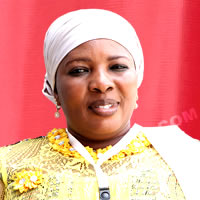

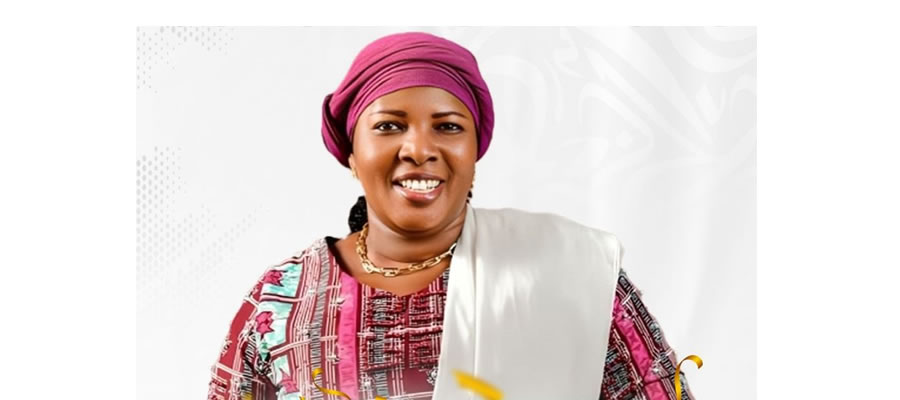
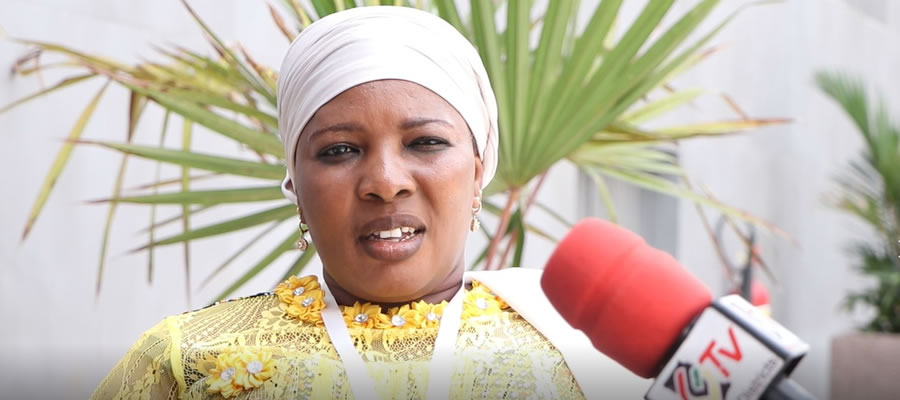
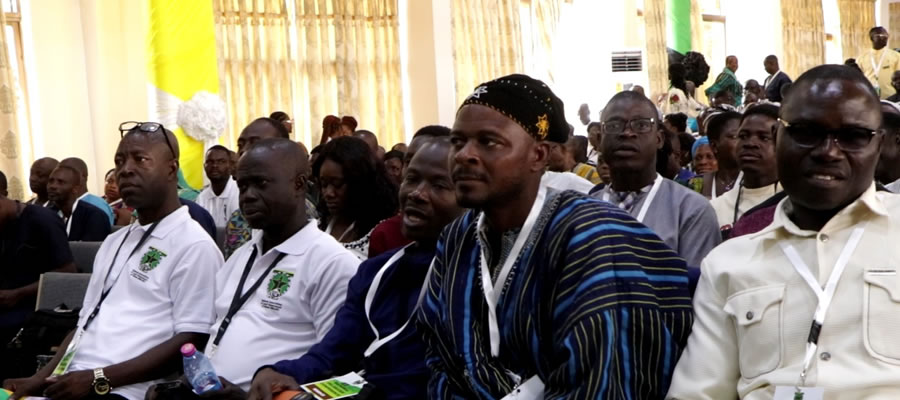
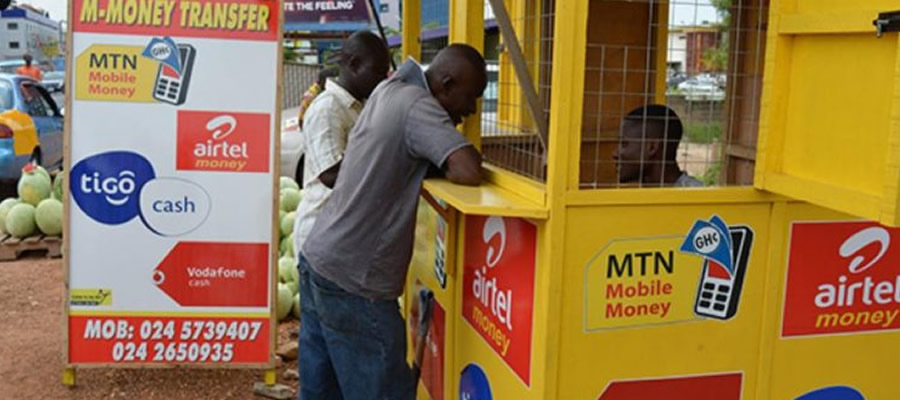
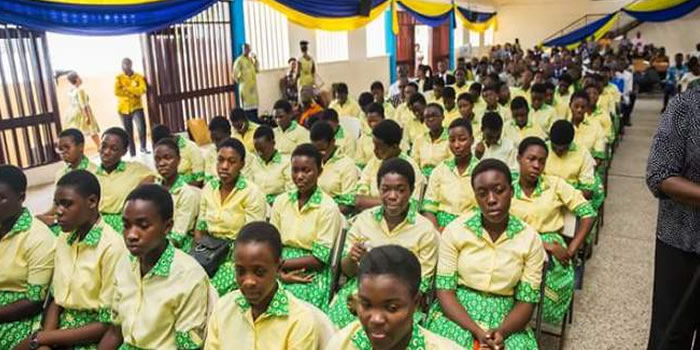

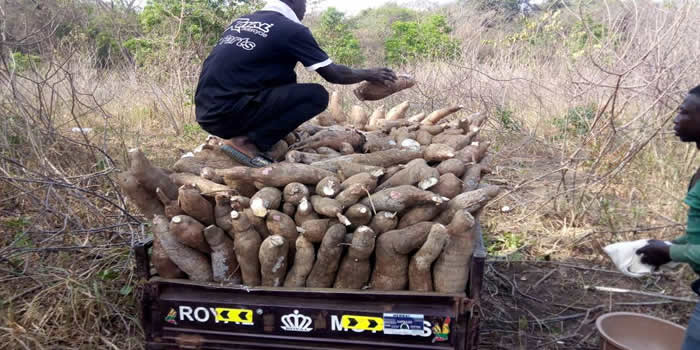
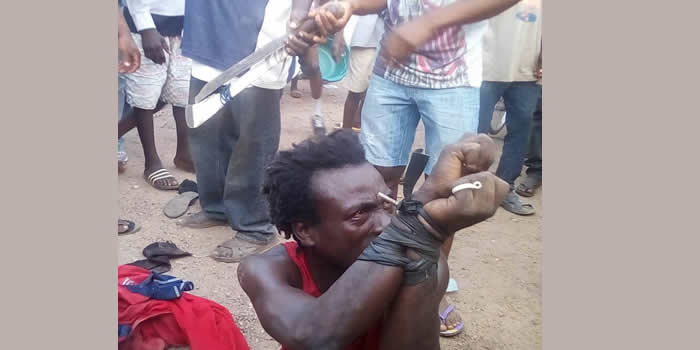


 facebook
facebook
 twitter
twitter
 Youtube
Youtube
 +233 593 831 280
+233 593 831 280 0800 430 430
0800 430 430 GPS: GE-231-4383
GPS: GE-231-4383 info@ghanadistricts.com
info@ghanadistricts.com Box GP1044, Accra, Ghana
Box GP1044, Accra, Ghana